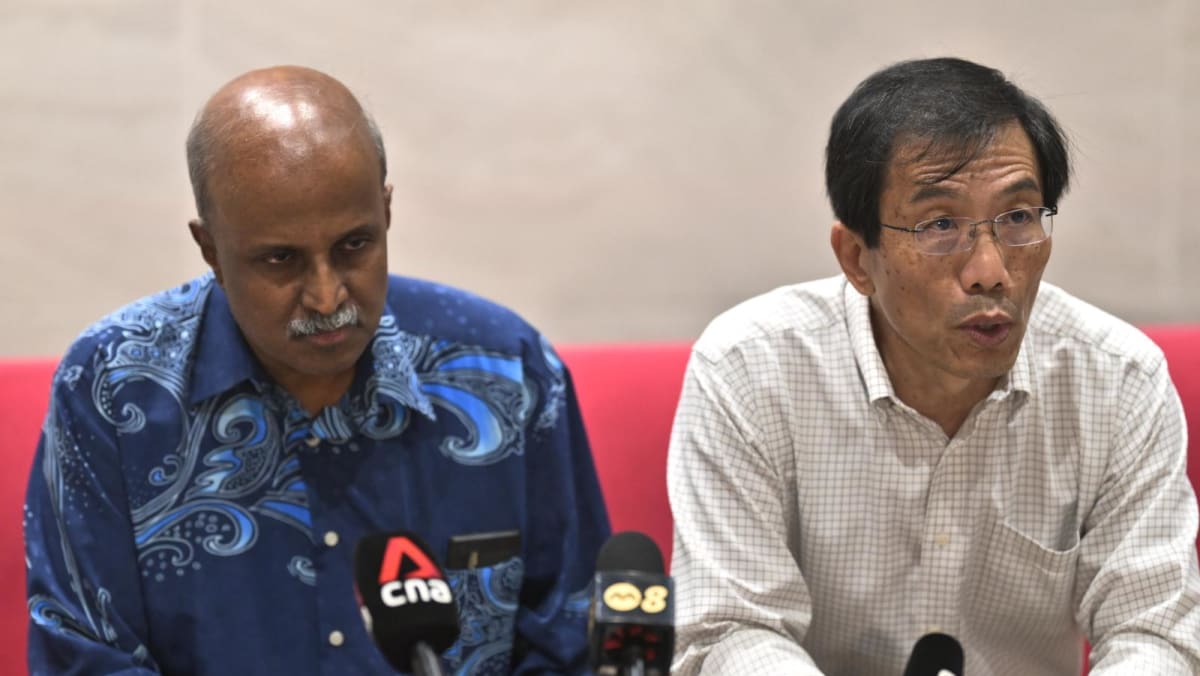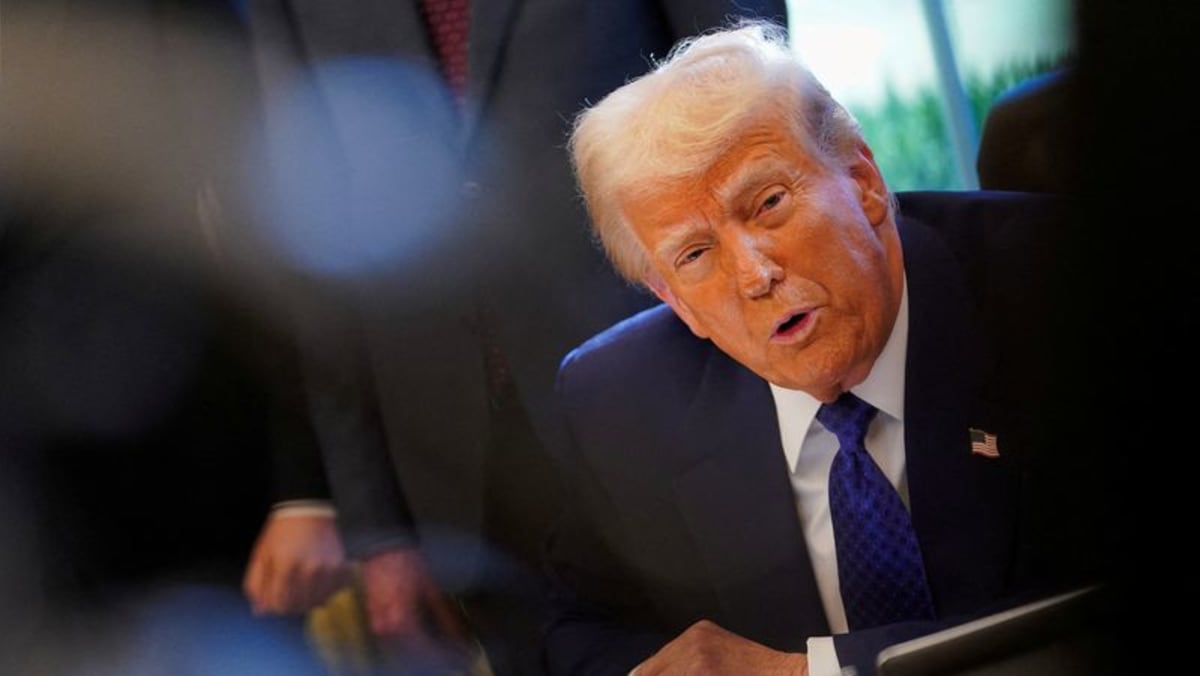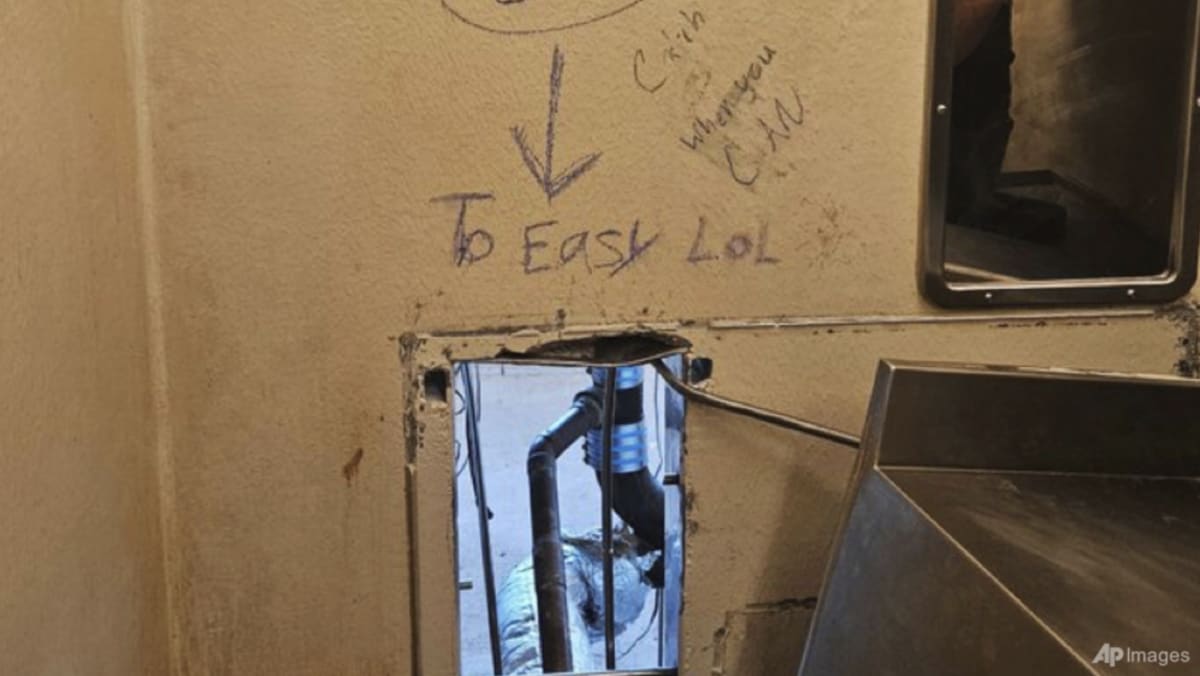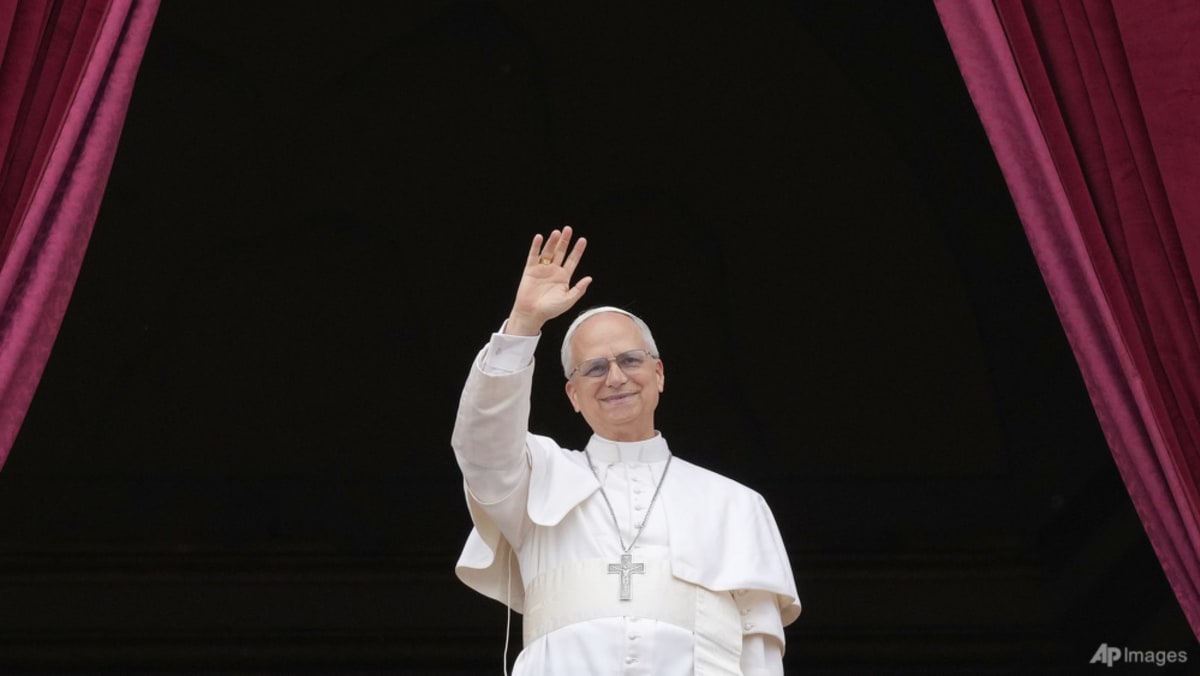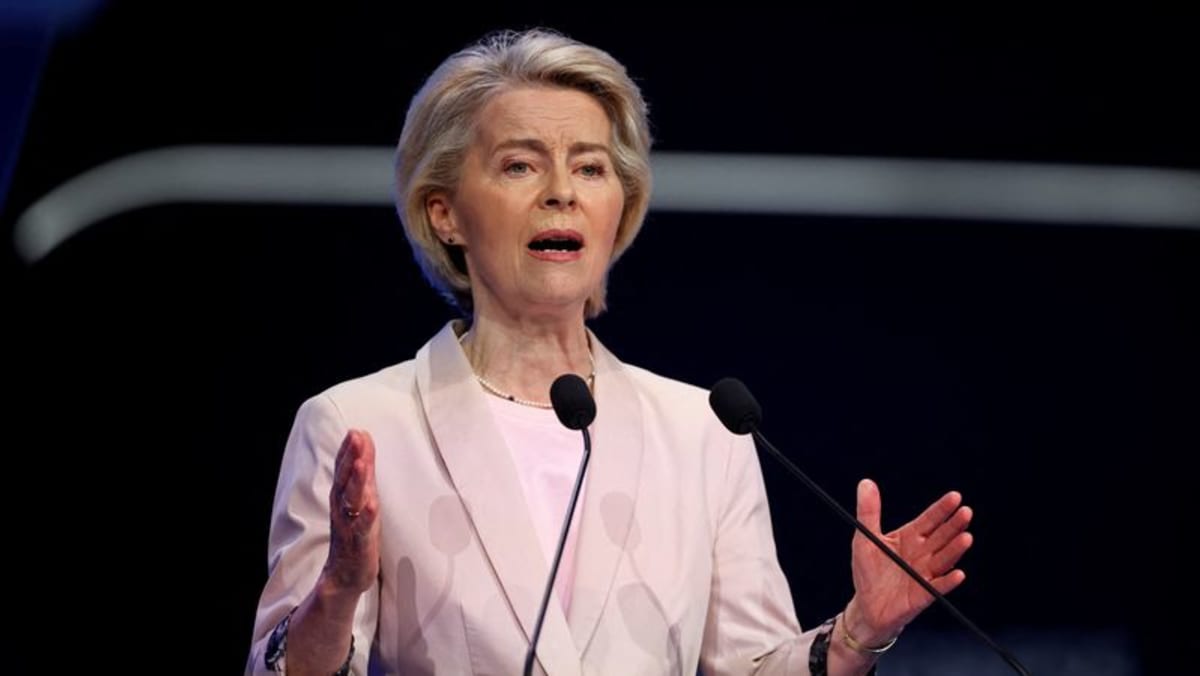PALM BEACH, Florida: US President Donald Trump said on Tuesday (Feb 19) he intends to impose auto tariffs “in the neighbourhood of 25 per cent” and similar duties on semiconductors and pharmaceutical imports, the latest in a series of measures threatening to upend international trade.
On Friday, Trump said levies on automobiles would come as soon as Apr 2, the day after members of his cabinet are due to deliver reports to him outlining options for a range of import duties as he seeks to reshape global trade.
Trump has long pointed to what he calls unfair treatment of US automotive exports in foreign markets.
The European Union, for instance, collects a 10 per cent tariff on vehicle imports, four times the US passenger car tariff rate of 2.5 per cent. The US, though, collects a 25 per cent tariff on imported pickup trucks from countries other than Mexico and Canada, a tax that makes the vehicles highly profitable for Detroit automakers.
PHARMA, CHIPS DUTIES
Trump told reporters on Tuesday that sectoral tariffs on pharmaceuticals and semiconductor chips would also start at “25 per cent or higher, and it will go very substantially higher over the course of a year.”
He did not provide a date for announcing those duties and said he wanted to provide some time for drug and chip makers to set up US factories so that they can avoid tariffs.
Since his inauguration four weeks ago, Trump has imposed a 10 per cent tariff on all imports from China, on top of existing levies, over China’s failure to halt fentanyl trafficking. He also announced, and then delayed for a month, 25 per cent tariffs on goods from Mexico and non-energy imports from Canada.
He has also set a Mar 12 start date for 25 per cent tariffs on all imported steel and aluminium, eliminating exemptions for Canada, Mexico, the European Union and other trading partners. Trump also announced that these tariffs would apply to hundreds of imported downstream products made of steel and aluminium, from electrical conduit tubing to bulldozer blades.
Last week, he directed his economic team to devise plans to impose reciprocal tariffs that match the tariff rates of every country product-by-product.
